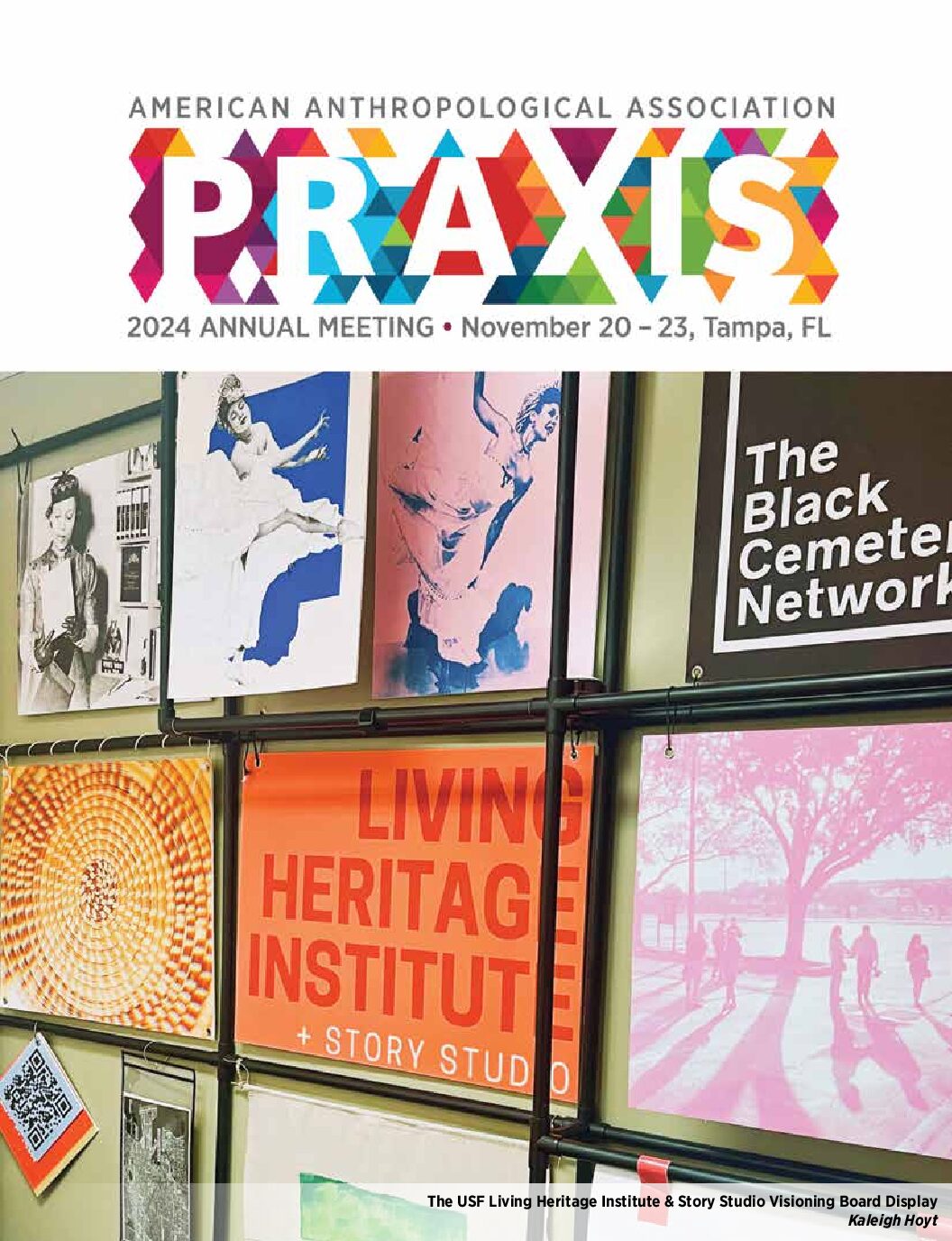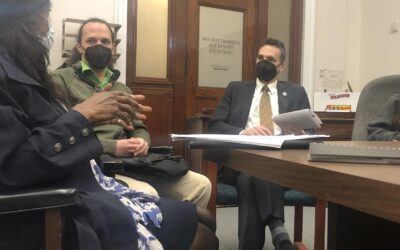Speaking Ethnography to Policy
The Association for the Anthropology of Policy
Jessica Mulligan (Providence College)
Rebecca Peters (Syracuse University)
April 2017
Interdisciplinary Conversations on the Affordable Care Act
Mainstream policy studies schools rarely attend to anthropological approaches to policy processes or effects in their curricula. Anthropologists are nearly absent from policy school faculties. Even highly regarded, interdisciplinary training programs in policy studies and administration routinely exclude not just the ethnographic approach but qualitative and interpretive scholarship more broadly. ASAP member Dvora Yanow and her colleague Markus Haverland, for instance, have briefly reviewed doctoral requirements at three of the United States’ most prestigious policy and public affairs programs (at Syracuse University, Indiana University, andVirginia Tech), to find that these train their students nearly exclusively in quantitative, positivist approaches to the study of policy (Haverland and Yanow 2012). While anthropologists are right to be concerned with communicating their research to policy makers proper, we propose here that the anthropology of policy should also be concerned to communicate its knowledge to the interdisciplinary community of policy scholars.
Though policy schools are dominated by formal, economistic modeling as knowledge production, policy scholars are often open to anthropological approaches that offer insights and explanations unavailable via statistical modeling. We recount here briefly the response of a policy sciences audience at the Maxwell School ofSyracuse University, a to pranked public affairs school, to Jessica Mulligan’s ongoing work in the anthropology of healthcare policy. While the Maxwell School hosts all of Syracuse University’s social science departments, including a thriving anthropology department, it is broadly considered a “policy school” largely due to the reputation of its Public Administration and International Affairs (PAIA) department. Its faculty is composed predominantly of scholars trained formally in economics,public administration, public policy, and political science. As of 2015 the department had never invited an anthropologist to speak in its PhD Seminar Series, but warmly welcomed Mulligan’s lecture as an opportunity to ask and answer questions about policy processes that are out of the reach of large-n econometrics studies.
In her April address, Mulligan used life histories, observations, and interviews conducted in Florida and Rhode Island with people who attempted to access coverage through the Affordable Care Act, to illustrate how coverage and cost sharing under this means tested program varies markedly depending on one’s state of residence, income, family composition, and immigration status. A central finding of the research is this wide divergence of experience: some remain cut off from coverage while others are newly able to seek treatment for problems that have bothered them for years. Mulligan presented several descriptive cases to illustrate.The audience considered how one relieved woman enrolled in dental coverage as her fingers unconsciously massaged her sore mouth. The woman was eager to know just how soon she could make an appointment for care. By contrast, a fortyyear old woman with Chronic Obstructive Pulmonary Disease (COPD) still had no effective access to the $200 a month inhaler that would allow her to breathe, forcing her to call an ambulance when it got too difficult to inhale. Other stories illustrated the complex racial politics through which people made sense of health reform: a white unemployed man was livid with President Obama for preventing him from getting health insurance while others were patient and understanding, thankful they could access some coverage and hopeful that the remaining obstacles would yet be resolved.
Mulligan’s ethnographic work highlighted how the politics of white resentment shapes acceptance of the Act and how experiences trying to obtain coverage are highly stratified in uneven ways. Citizens had difficulties navigating the electronic exchange and using the web based technology. The law’s definition of what constitutes a family does not align with actual family structures. Income fluctuations, very common for the working poor, make it difficult or impossible to comply with the law’s requirements. These research findings framed several questions: Will the social stratification that the law both mirrors and recreates undermine its ability to expand social protections? How do households make sense of insurance and are they equipped to manage the new risks and responsibilities mandated by the ACA?
Mulligan’s April 2015 invitation to speak at the Maxwell School demonstrates policy scholars’ increasing interest in anthropological research. This “policy sciences”audience of economists, policy practitioners, management scholars and public administration students evinced a strong interest in further ethnographic research on policy processes and outcomes. Though some audience members interrogated the ethnographic approach to studying policy, for instance by asking after sampling procedures and the “representativeness” of Mulligan’s data, the broad reception the research received was resolutely positive. These policy scholars had an immediate concern to translate Mulligan’s findings directly into practical solutions that could be implemented either through policy revision of the ACA or through its management. In discussion the audience postulated practical measures that could be taken to reshape public opinion on the ACA, especially among members of the public who do not have firsthand experience with the Act’s provisions. Last, this audience wished for more information about how the ACA’s missteps had originated; some suggested that policy makers had not had access to accurate information about the citizenry for whom they were designing the Act.
Despite our gains in studying the making and effects of policy ethnographically and in advancing anthropological theories and methods with our research, the anthropological study of policy remains nearly unknown to our academic colleagues in the “mainstream” of the policy sciences. We encourage other anthropologists of policy to disseminate their work to our interdisciplinary, policy studies colleagues. Such interlocutors are likely to seek suggestions for practical solutions to social problems and may ask after the causal factors that brought these problems about in the first place. Anthropologists are seldom comfortable making prescriptions for policy or action, still less conjecturing about causality. But we can contribute collaboratively to these and other questions in the study of policy and are increasingly being welcomed to do so.
A link to the article on Anthropology News can be found here.


